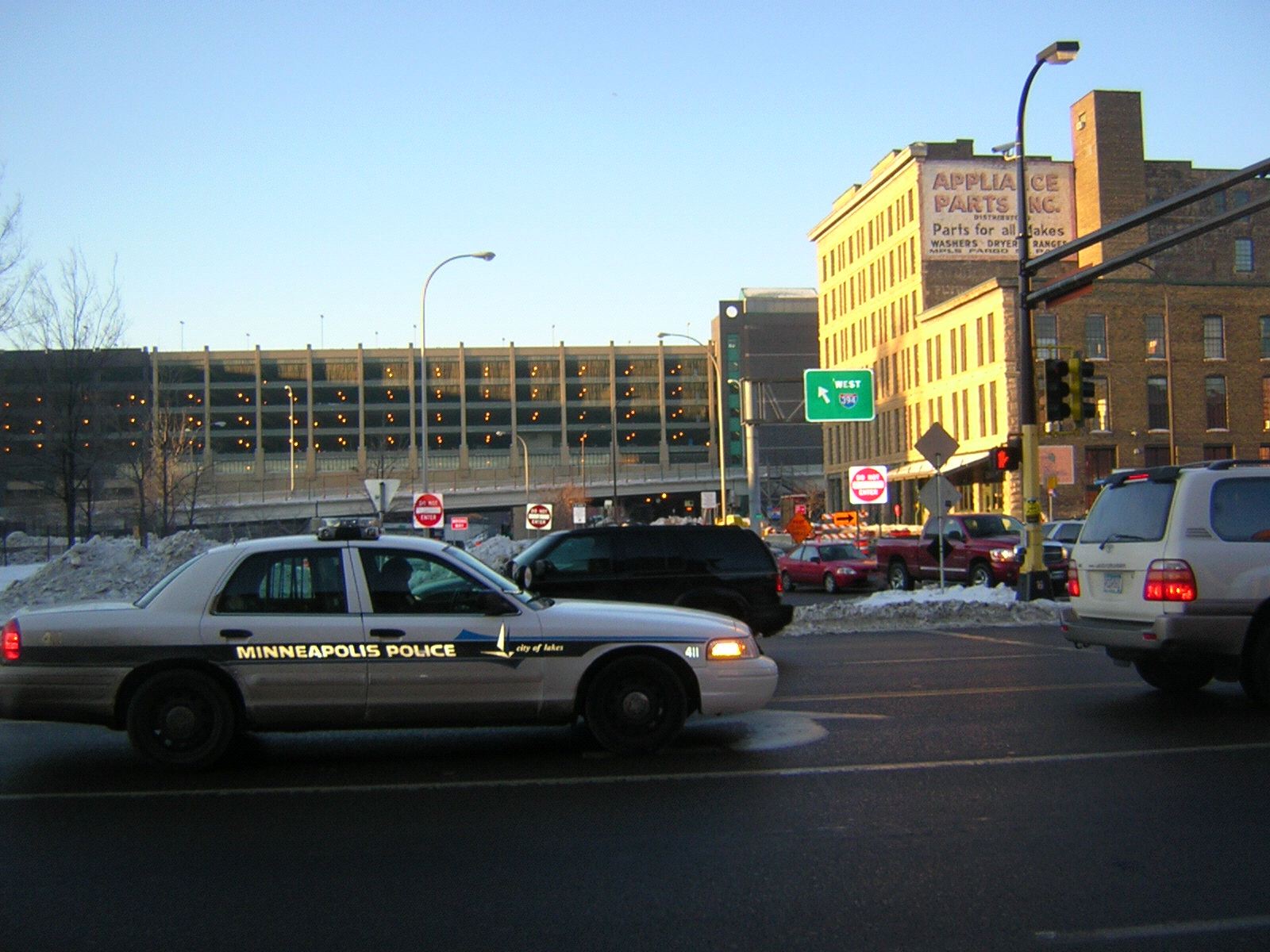On July 15, the Minneapolis Charter Commission will hold a public hearing on a proposed charter amendment that would remove all reference to the city’s police department from the charter and add a section establishing the Department of Community Safety and Violence Prevention. The Minneapolis City Council proposed this amendment for the Nov. 3 ballot.
- Eliminate charter provisions concerning the city’s police department.
- Establish the Department of Community Safety and Violence Prevention and the director of the new department.
- The director of the department would be nominated by the mayor and confirmed by the city council.
- Allow a Division of Law Enforcement Services within the new department;
- The division would be made up of licensed peace officers.
- Its director would be appointed by the director of the Department of Community Safety and Violence Prevention.
- Give the city council authority to establish the Division of Law Enforcement Services.
Currently, the mayor has authority over the police department and nominates the police chief, who must be confirmed by the city council. The existing charter also requires the city council to provide funding to the police department to provide for “a police force of at least 0.0017 employees per resident.”
Minneapolis City Council members Jeremiah Ellison, Alondra Cano, Cam Gordon, Steve Fletcher, and President Lisa Bender sponsored the proposal.
Councilmember Jeremiah Ellison said, “No singular action is going to undo longstanding systemic oppression, racial oppression. This is one action of many that we need to take on the road to a more equitable and just system that keeps people safe.”
Mayor Jacob Frey opposes the amendment. He argued that the amendment was unclear and that diverting accountability away from the mayor and the police chief and giving authority to the city council was a bad idea. Frey said, “Will we still have police? If you vote for this, are you voting to abolish the police department or is this merely a cosmetic change where you add a bureaucratic layer, you change the name to peace officer and give them different uniforms?” Frey also said, “If this is about me. There’s an election next year.”
- May 25: Minneapolis police officers arrested George Floyd, a Black man, after receiving a call that he had made a purchase with a counterfeit $20 bill. Floyd died after one officer, Derek Chauvin, arrived at the scene and pressed his knee onto Floyd’s neck as Floyd laid face-down on the street in handcuffs.
- June 12: Sponsors of the proposal gave notice that they would introduce it at the following council meeting.
- June 26: The Minneapolis City Council voted unanimously to send the proposed charter amendment to the Minneapolis Charter Commission.
- While the city council does not have to follow the recommendation of the charter commission, the city council cannot act on the proposal before receiving an official recommendation from the charter commission according to state law.
- The charter commission has a maximum of 150 days to review charter amendment proposals from the city council.
- The city council must give final approval to the charter amendment by August 21 to put the measure on this year’s ballot. It requested the charter commission to expedite its review.
- July 1: The charter commission scheduled the first of two public hearings on the amendment for July 15.
- August 5: In response to the request for an expedited timeline, Commission Chair Barry Clegg said that the commission would consider a final decision on the proposal during its August 5 meeting, allowing for a vote by the city council by August 21 if the commission agrees on a recommendation. Clegg said, however, “If we elect to take our additional time, this ballot question will not be on the ballot in November.”
- August 21: The deadline for the city council to approve the amendment for the Nov. 3 ballot.


